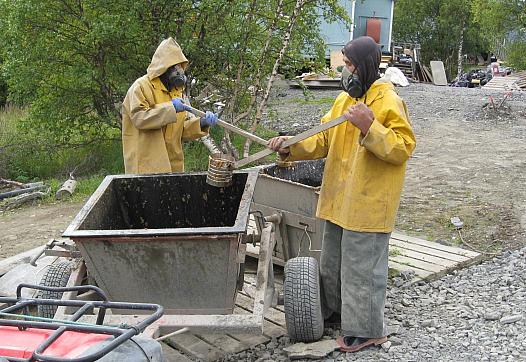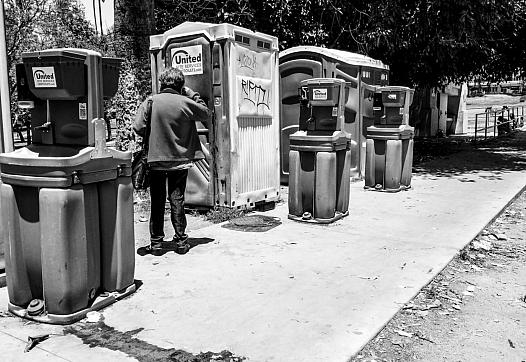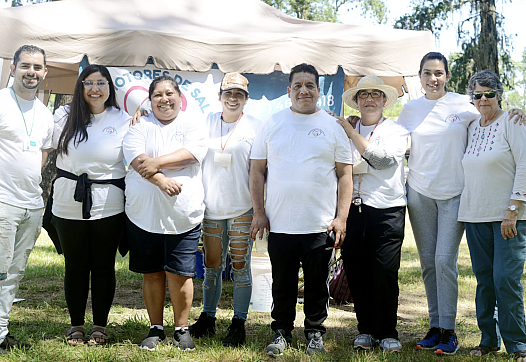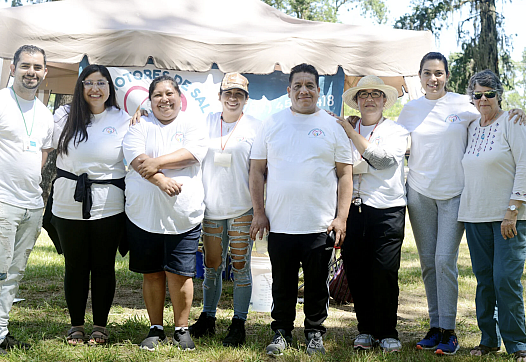
Researchers found, unsurprisingly, links between the absence of critical infrastructure and the spread of the virus.

Researchers found, unsurprisingly, links between the absence of critical infrastructure and the spread of the virus.

As part of an 11Alive investigative series, this story examines the gaps in Georgia's system to help children with mental and developmental disabilities.

Three journalists share advice on listening to community voices and avoiding the specter of "poverty porn."
“We are still trying to understand how it manifests and how it happens,” said Dr. Emnet Gammada, a clinical geriatric neuro-psychology fellow at the UCLA Semel Institute of Neuroscience and Human Behavior. “What surprises me is how much we know and how much we don’t know.”
This is the second in a series of articles produced by Darlene Donloe, a 2021 California Fellow, on the impact of Alzheimer’s disease on the Black community in Los Angeles.
We investigated long-term, systemic shortcomings in the Illinois program. Here are some tips to help you do similar reporting in other parts of the country.

Across California, data show that the youngest students have either missed school entirely, or if they did stay enrolled, had online learning experiences that were developmentally inappropriate at worst and challenging at best.

A city program that brought hundreds of hand-washing stations and portable toilets to the doorstep of dozens of encampments during the height of the pandemic comes to an abrupt end.

This story is part of a larger story led by Dana Ullman, a 2021 California Fellow who is reporting on disparities in the quality and access to health care for Latino and Indigenous peoples in Mendocino County. ...

The promotores already have the trust of their communities, filling gaps in public health information through translation, providing COVID-19 testing, referrals for vaccinations, and responding to the direct needs of their community with cultural understanding.